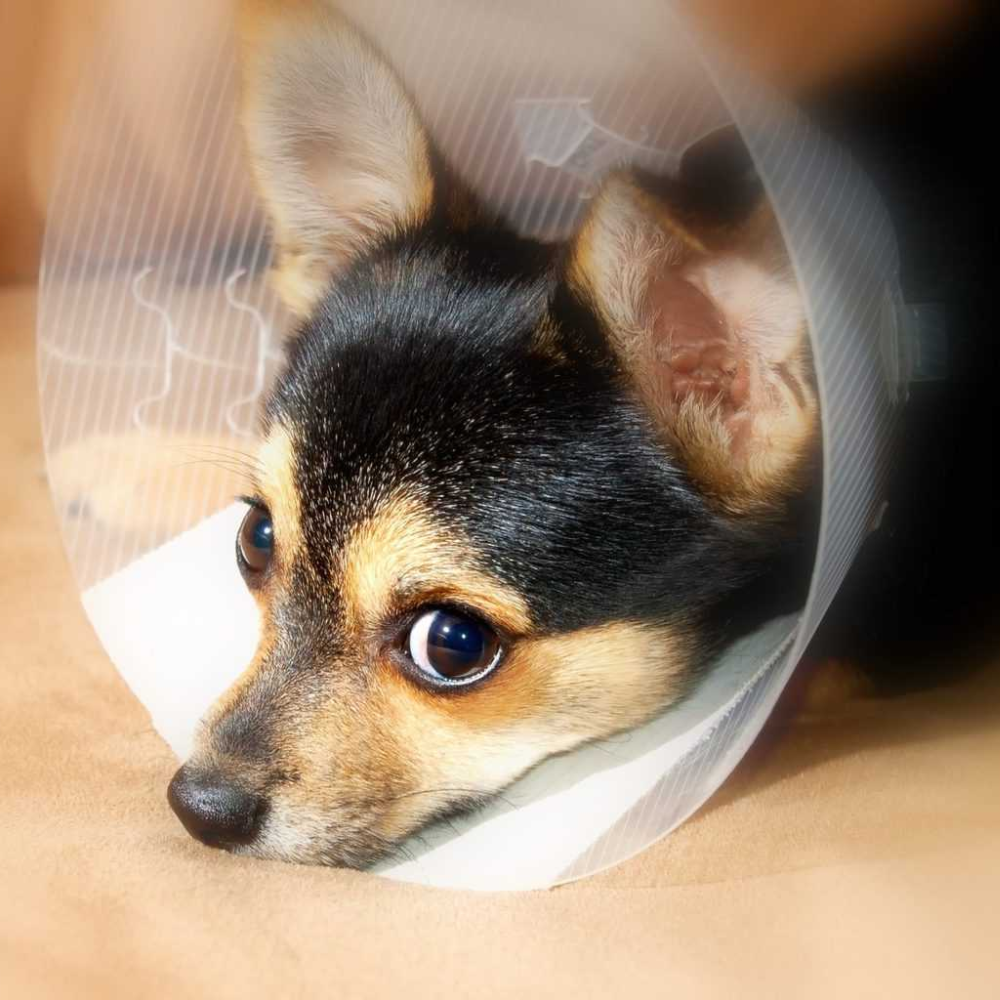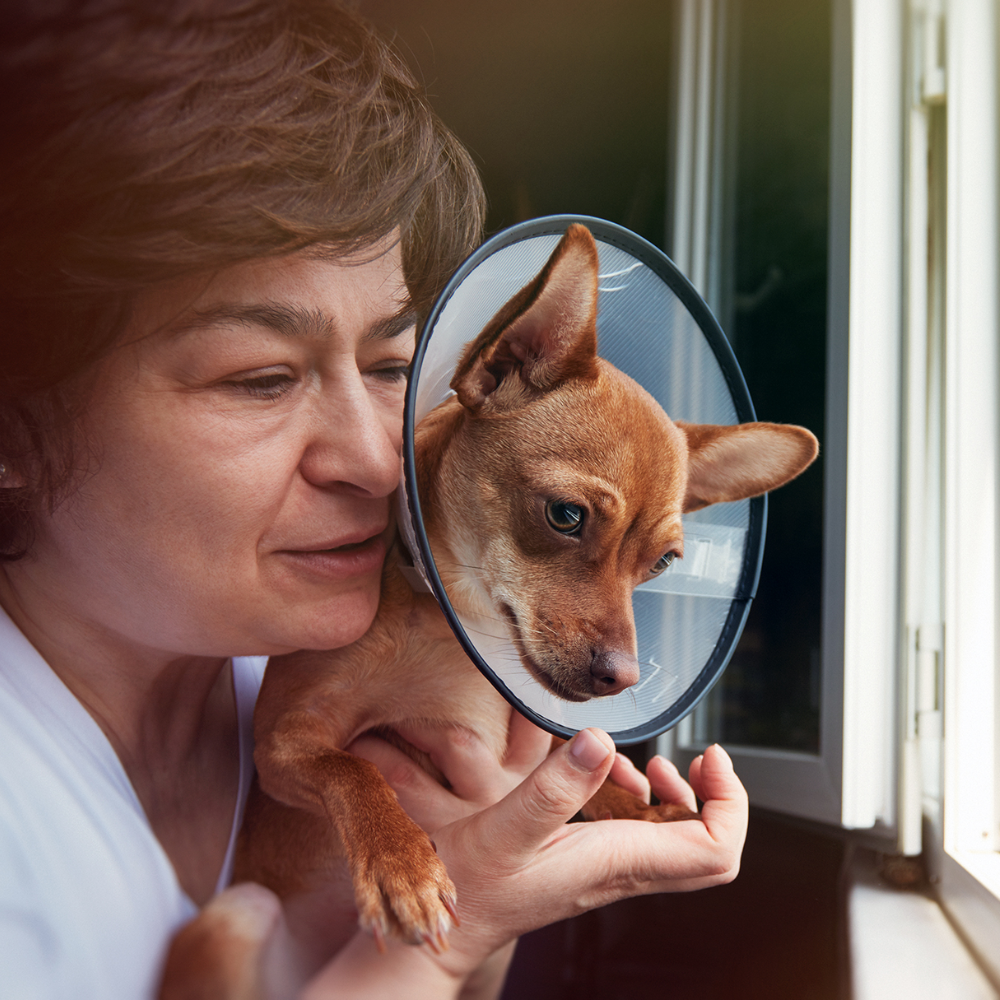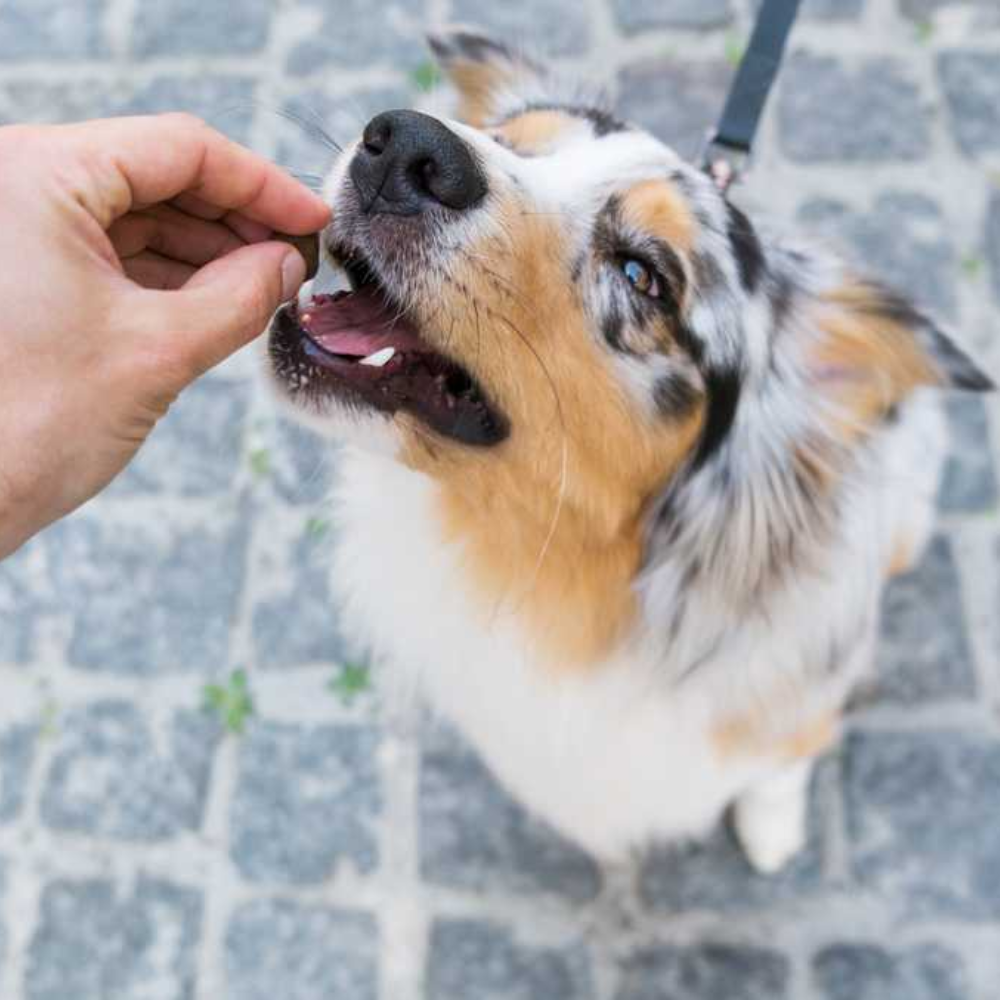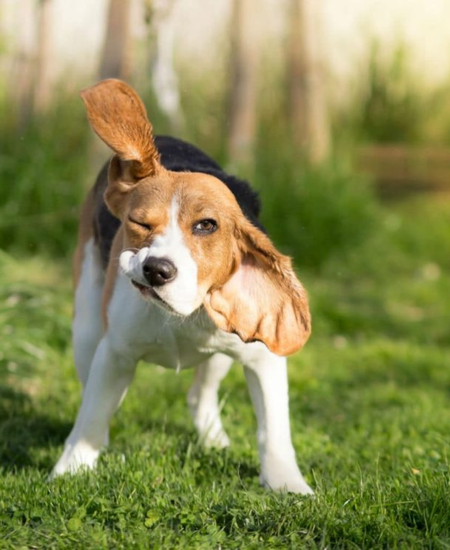After undergoing surgery, dogs may experience a variety of symptoms that can be concerning to their owners.
One common symptom is shaking or trembling, which can be alarming for pet parents who are not familiar with this behavior. It's natural to worry about your furry friend when they're recovering from surgery, and understanding why they may shake can help put your mind at ease.
In this article, we will explore the reasons why your dog may shake after surgery. We'll also discuss how to differentiate between normal post-surgery shaking and potential complications that require medical attention.
By the end of this read, you'll better understand what your dog is going through and how you can provide them with the best care during their recovery.
What Is Normal Behavior After Surgery?

After undergoing surgery, dogs may experience a range of physical and behavioral changes as they recover. It's essential to understand that some degree of shaking or trembling is normal for dogs after surgery. This behavior can be attributed to the anesthesia wearing off, discomfort from the incision site, or simply being in an unfamiliar environment.
Additionally, it's not uncommon for dogs to feel disoriented or groggy after surgery, which may cause them to shake as they try to regain their balance. In most cases, this shaking should subside within 24-48 hours as your dog begins to heal and adjust.
It's also important to note that different surgeries may result in varying levels of post-operative shaking. For example, after a spay or neuter surgery, dogs may experience more severe shaking due to hormonal changes and the location of their incision. On the other hand, a minor procedure such as a dental cleaning may cause minimal or no shaking at all.
Reasons Why Your Dog May Shake After Surgery

There are several reasons why your dog may shake after surgery, and most of them are related to the healing process. Here are the most common causes of post-operative shaking:
- Pain: Dog's pain after surgery at the incision or surrounding area. This discomfort can cause them to shake or tremble as a natural response to the discomfort. Additionally, the pain medication given by your veterinarian may also cause shaking as a side effect.
- Cold: Being under anesthesia can lower a dog's body temperature, and they may feel cold during their recovery. This can lead to shaking or trembling as their body tries to warm up.
- Stress: Surgery is a significant event that can be stressful for dogs. The stress of being in an unfamiliar environment, away from their owner and routine, can cause them to shake.
- Side effects of medication: Some medications prescribed after surgery may have side effects that include shaking or trembling. If your dog is on any medication, it's essential to monitor them closely for any adverse reactions.
- Anxiety or fear: Some dogs may experience anxiety or fear after surgery, especially if they're in pain or have had a negative experience with the veterinarian in the past. This can manifest as shaking, excessive panting, or restlessness.
If your dog is experiencing severe or prolonged shaking after surgery, it's crucial to contact your veterinarian for further guidance. They will be able to assess your dog's condition and determine if any additional treatment or medication is necessary.
How To Help Your Dog During Recovery
Seeing your furry friend shake and tremble after surgery can be unsettling, but there are ways you can help them during their recovery:
- Provide a warm and comfortable environment: Make sure your dog has a warm, quiet, and cozy place to rest during their recovery. This can help alleviate any discomfort or stress.
- Follow post-operative care instructions: Your veterinarian will provide you with specific instructions for caring for your dog after surgery. Follow these carefully to ensure a smooth recovery.
- Monitor your dog's incision site: Keep an eye on the incision site for any signs of infection or complications, such as excessive swelling, redness, or discharge.
- Keep your dog calm and relaxed: Limit physical activity and playtime during your dog's recovery period to avoid aggravating their incision site and causing further shaking or discomfort.
- Provide adequate pain management: If your dog is in pain, talk to your veterinarian about additional pain relief options that may help ease their discomfort and reduce shaking.
It's crucial to remain patient and understanding during your dog's recovery process. With proper care and attention, they will be back to their happy, healthy selves in no time. Remember to reach out to your veterinarian if you have any concerns or questions about your dog's post-operative behavior.
When Should You Be Concerned?

While some degree of shaking is normal for dogs after surgery, there are instances where it may indicate a problem that requires medical attention. If your dog's shaking persists for an extended period or appears to be getting worse instead of improving, it's essential to consult with your veterinarian.
Excessive and uncontrollable shaking could be a sign of pain or discomfort, which may require additional pain management or medication. It could also indicate an underlying infection, especially if accompanied by other symptoms such as fever, loss of appetite, or changes in behavior.
In rare cases, shaking after surgery may be a result of more severe complications such as nerve damage or internal bleeding. If your dog's shaking is accompanied by unusual behaviors, difficulty walking or standing, breathing difficulties, or excessive bleeding from the incision site, seek immediate veterinary care.
Is Treat Is Good After Surgery?
As a pet owner, it's natural to want to give your dog treats to help them feel better after surgery. However, it's important to follow your veterinarian's instructions and avoid giving your dog any treats or table scraps without consulting them first.
Some types of food may be harmful or cause complications for dogs during their recovery period. Additionally, certain medications prescribed after surgery may affect their appetite or digestive system, making it essential to monitor their diet carefully.
If you do want to give your dog a treat, opt for small amounts of plain boiled chicken or white rice that are easy on their stomach and won't interfere with any medication they're taking. Avoid giving your dog any bones, processed treats, or fatty foods that can be difficult to digest and may cause further discomfort or complications.
How To Choose The Best Salmon Bites for Dogs?

When it comes to treats, Salmon Bites is the best choice for dogs. Not only are they delicious and irresistible to most dogs, but they also offer a wide range of health benefits. When choosing the best salmon bites for your dog, here are some factors to consider:
- Quality ingredients: Look for treats made with high-quality, human-grade ingredients such as wild-caught salmon and natural preservatives.
- Grain-free options: Many dogs have sensitivities or allergies to grains, so opting for grain-free treats can be beneficial.
- Low calorie and low fat: If your dog is on a restricted diet due to weight management or health issues, choose low-calorie and low-fat treats to avoid interfering with their diet plan.
- Made in the USA: Treats made in the USA are subject to stricter regulations and quality control, making them a safer option for your dog.
- Consider your dog's preferences: Not all dogs have the same taste preferences, so it's essential to observe which flavors or textures your dog enjoys before purchasing treats.
Always check with your veterinarian before introducing new treats into your dog's diet. They can provide you with specific recommendations based on your dog's individual needs and help ensure that the treats you choose will not interfere with their recovery after surgery.
FAQs
Why is my dog shaking after surgery?
Your dog may be shaking after surgery due to post-surgery discomfort, which can include pain or anxiety. It's essential to manage post-surgery discomfort with appropriate pain control medication prescribed by your vet.
Can anti-anxiety medication help my dog remain calm after surgery?
Yes, your vet may prescribe anti-anxiety medication to help your pet remain calm and reduce anxiety post-surgery. This can be particularly important if your dog experiences anxiety post-surgery after the procedure.
Should I give my dog human medications to manage pain after surgery?
No, you should never give your dog human medications to manage pain after surgery. Always use pain control medication prescribed by your vet, as human medications can be harmful to dogs.
What should I do if my dog is shaking and seems to be in pain after surgery?
If your dog is shaking and seems to be in pain after surgery, contact your vet immediately. The vet may adjust your dog's pain control medication or recommend crate rest to ensure your dog recovers comfortably.
How can crate rest help in managing post-surgery discomfort?
Crate rest helps manage post-surgery discomfort by limiting your dog's movement, allowing the surgical site to heal properly.
What signs should I monitor during my dog's recovery after surgery?
Monitor your dog’s appetite, behavior, and any signs of pain or discomfort during recovery. If your dog continues to shake, loses appetite, or shows other signs of distress, consult your vet to prevent unnecessary pain and ensure a smooth recovery.
Conclusion
While it can be distressing to see your dog shaking after surgery, it's important to remain calm and take the appropriate steps to help them during their recovery.
You can help your dog recover smoothly by providing a warm and comfortable environment, following post-operative care instructions, monitoring the incision site, keeping it calm and relaxed, and providing adequate pain management.
When it comes to giving treats after surgery, always follow your veterinarian's instructions and opt for high-quality, safe options such as Salmon Bites.
Remember to consider your dog's preferences and any dietary restrictions before purchasing treats. With proper care and attention, your dog will be back to their happy, healthy self in no time.
Subscribe to our email newsletter and unlock access to members-only content and exclusive updates.

Comments